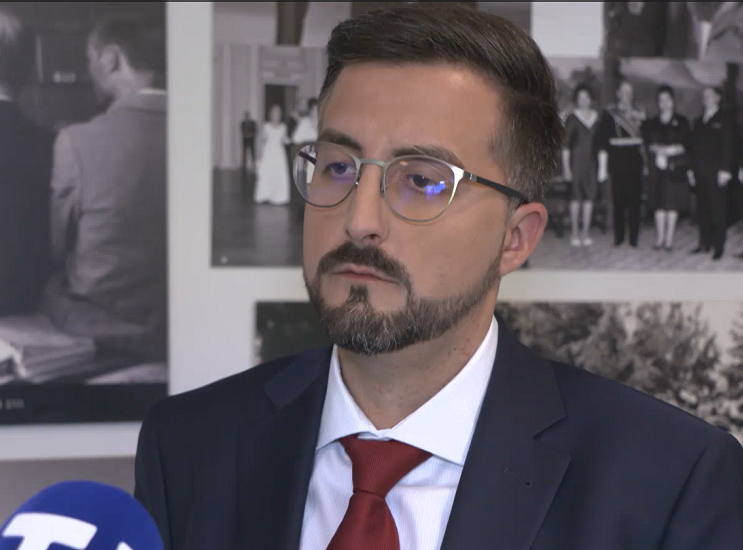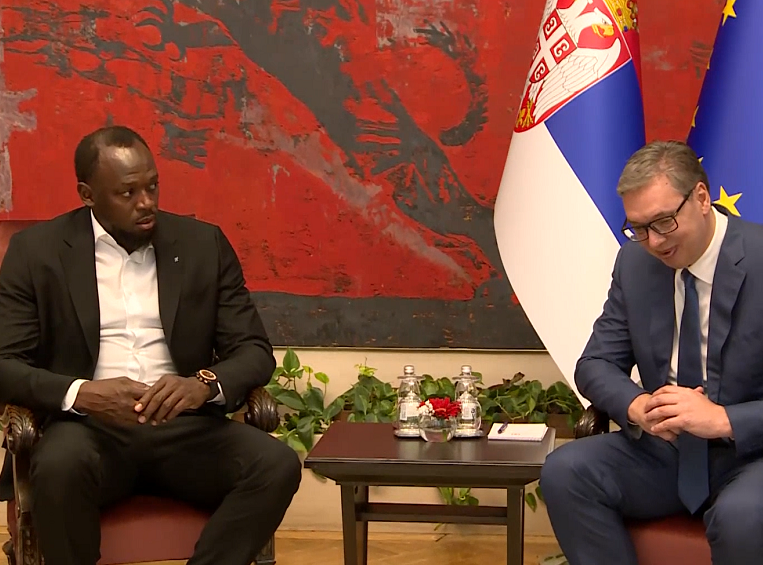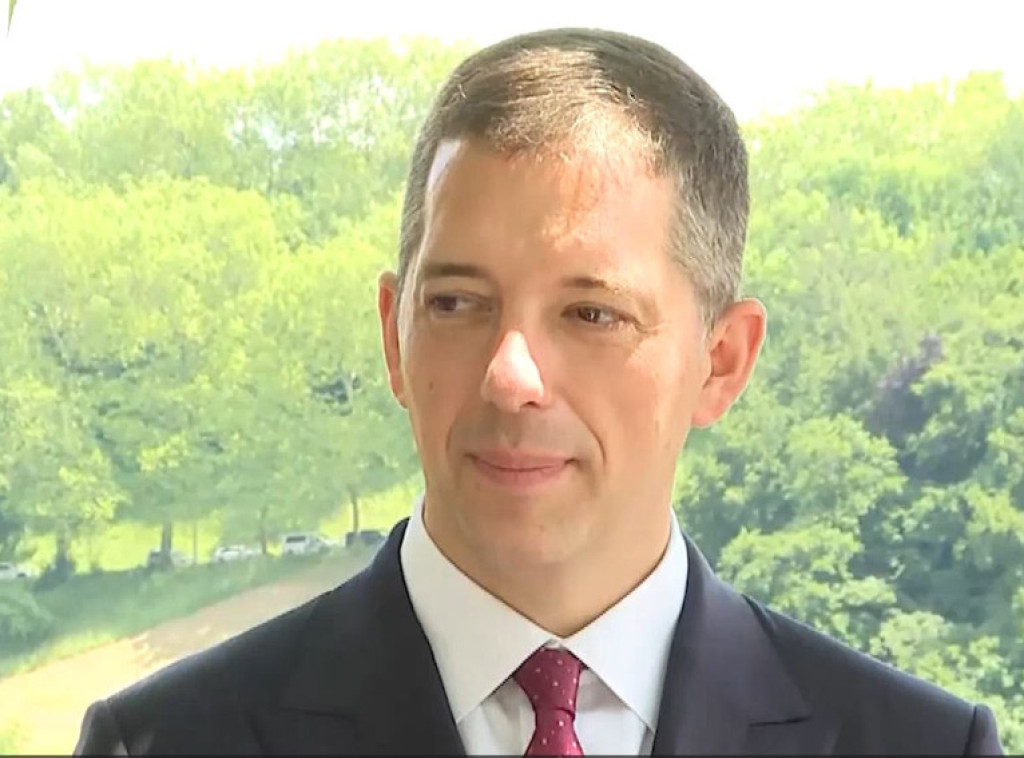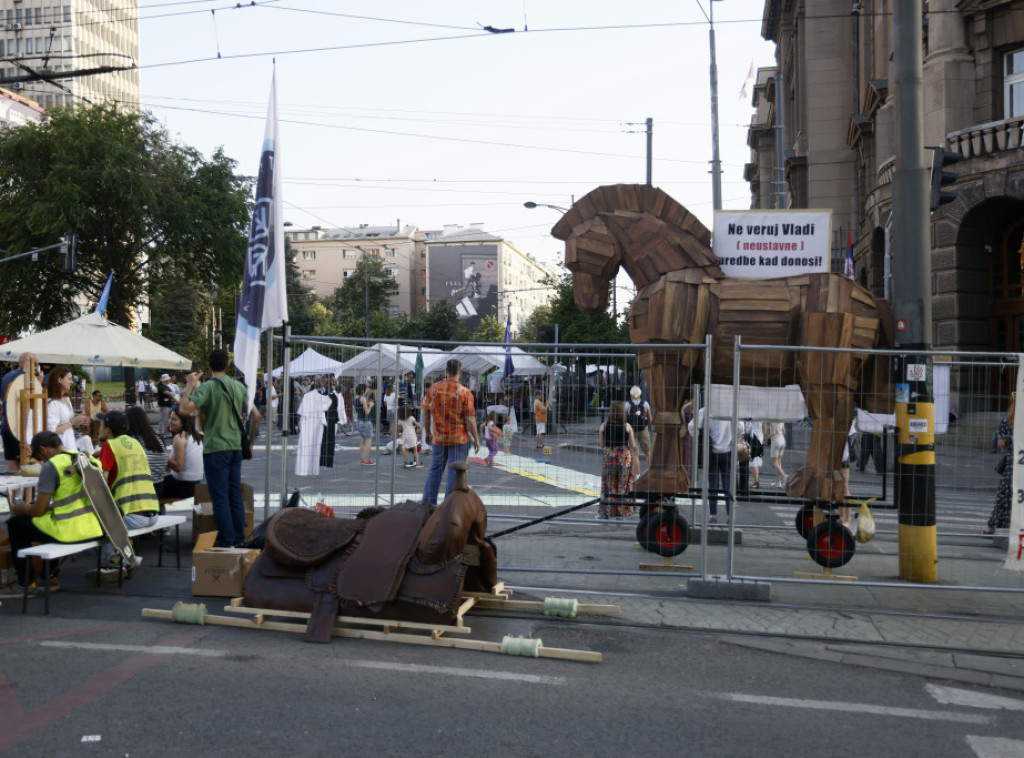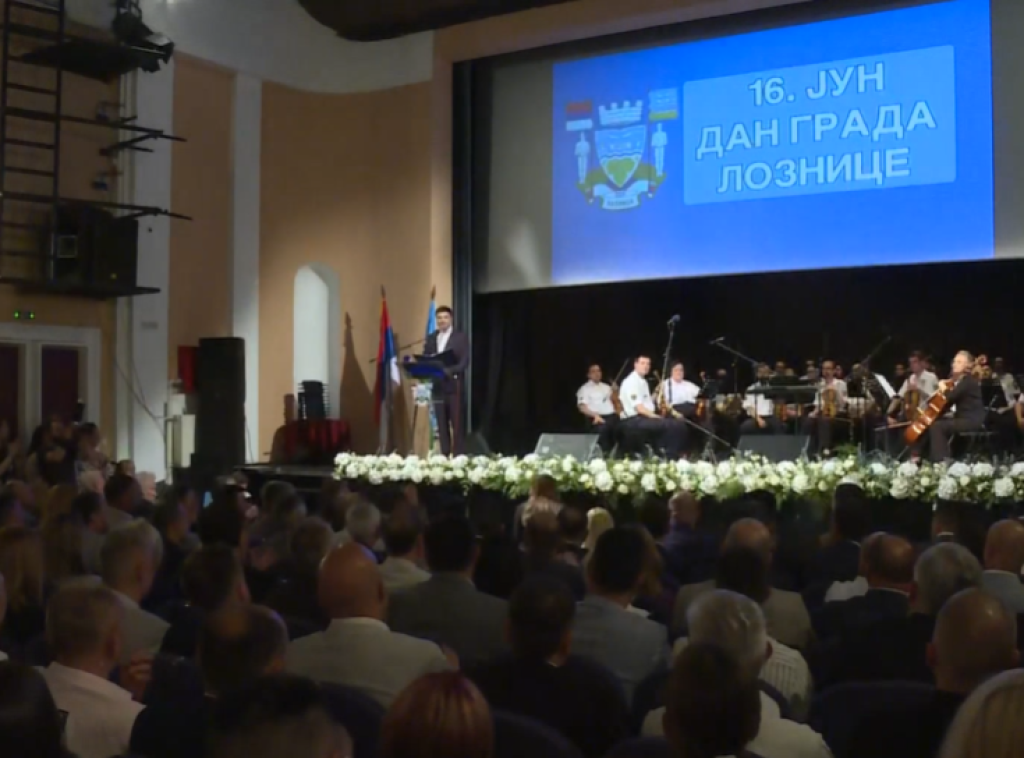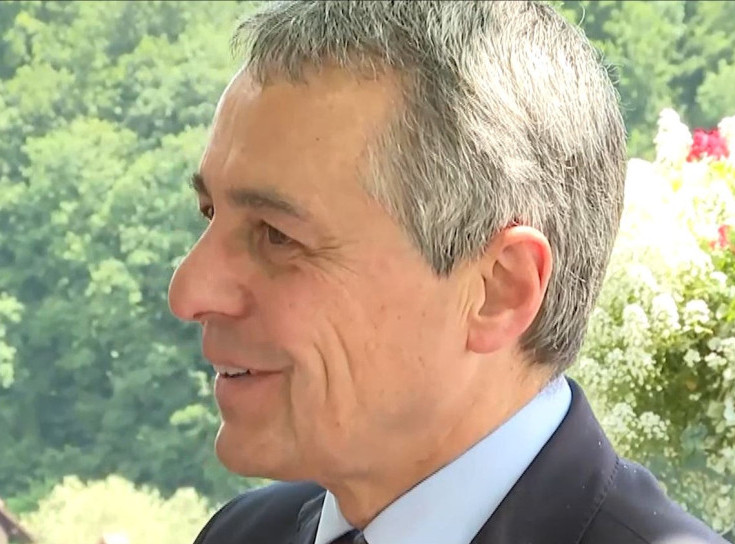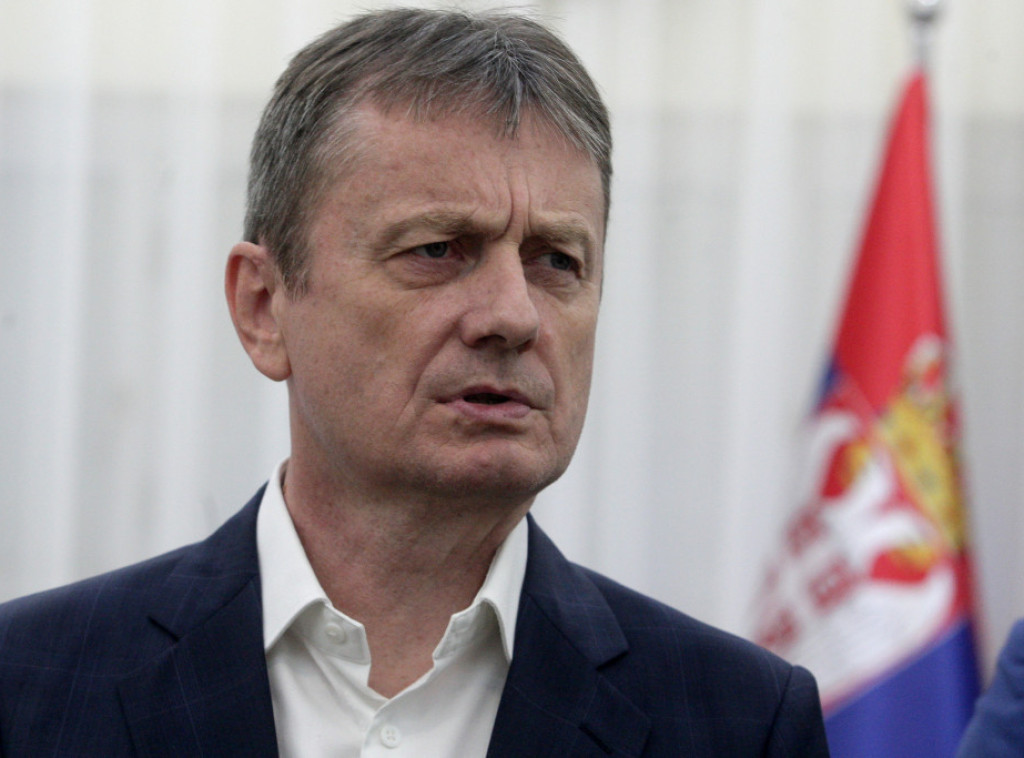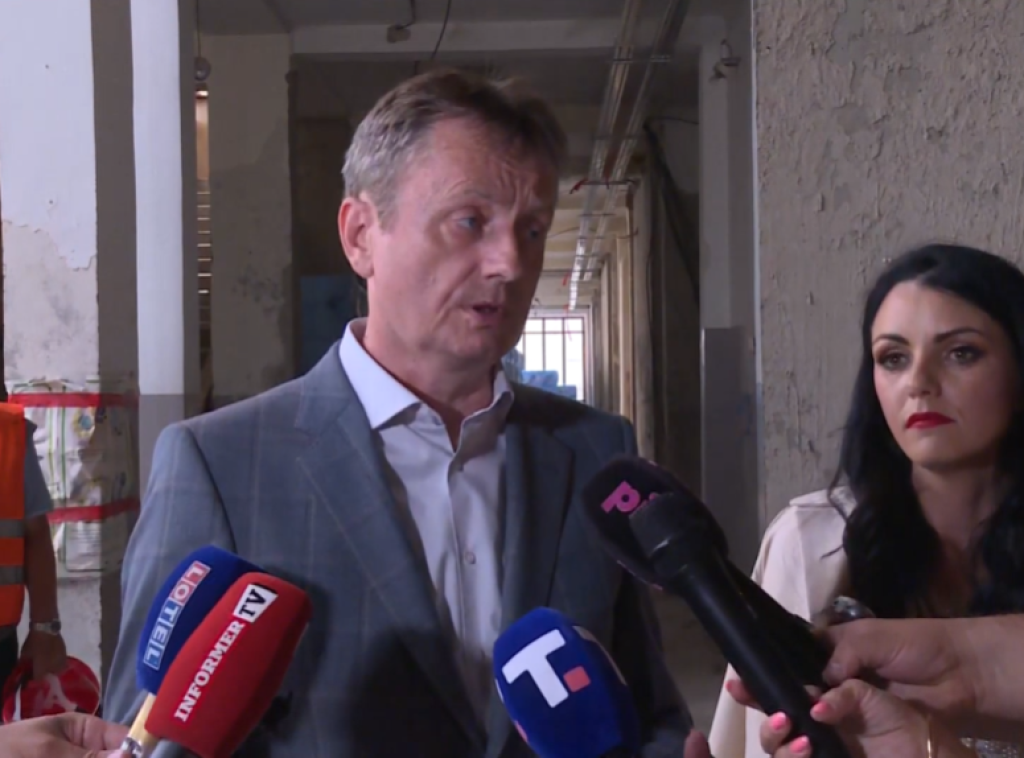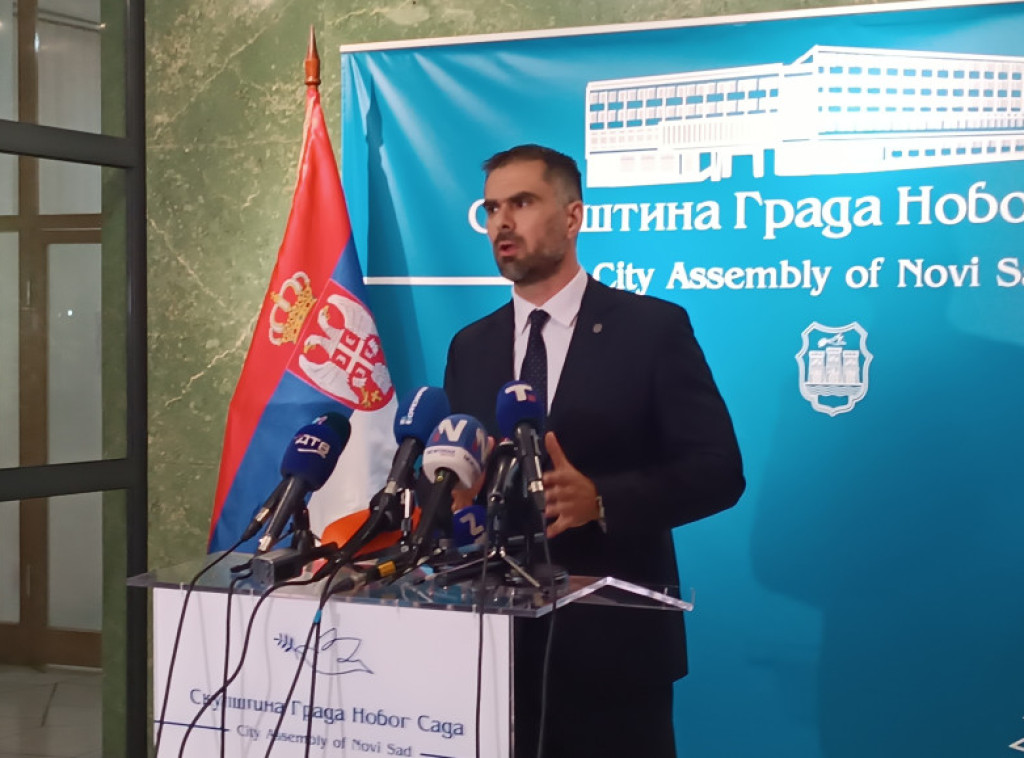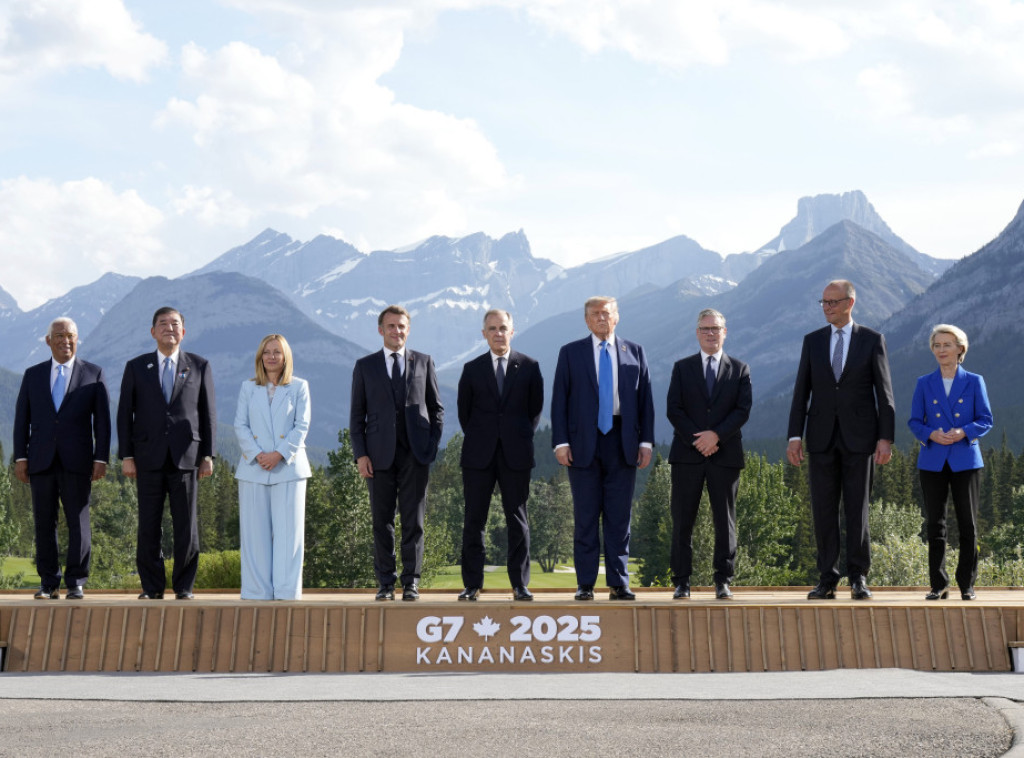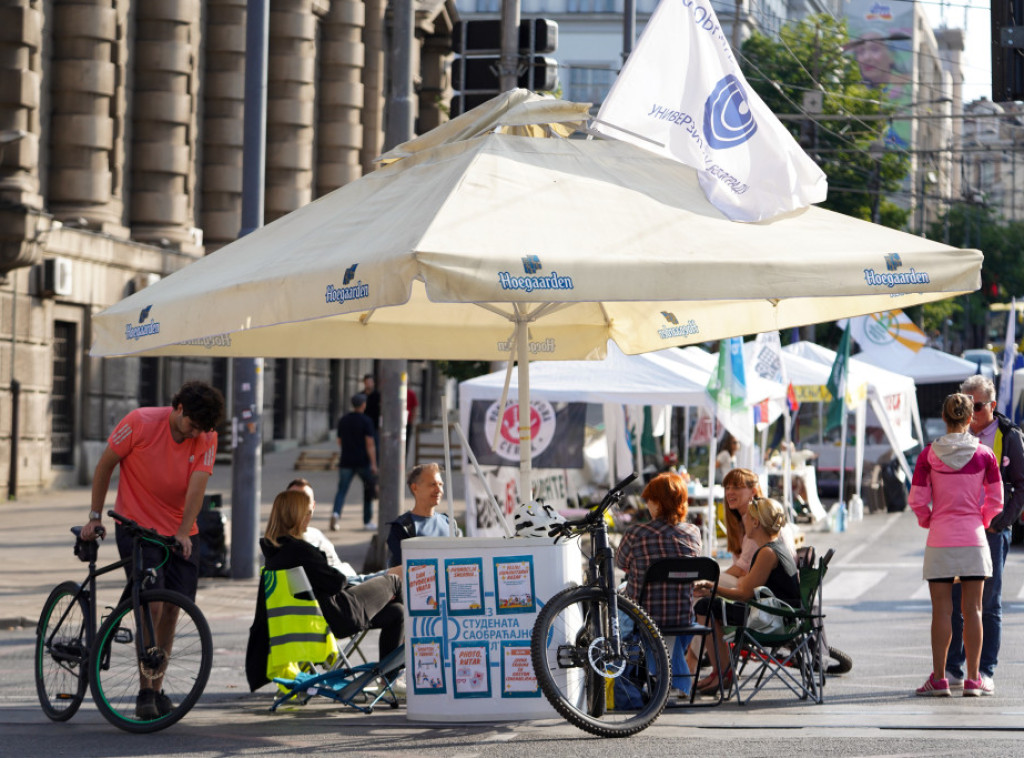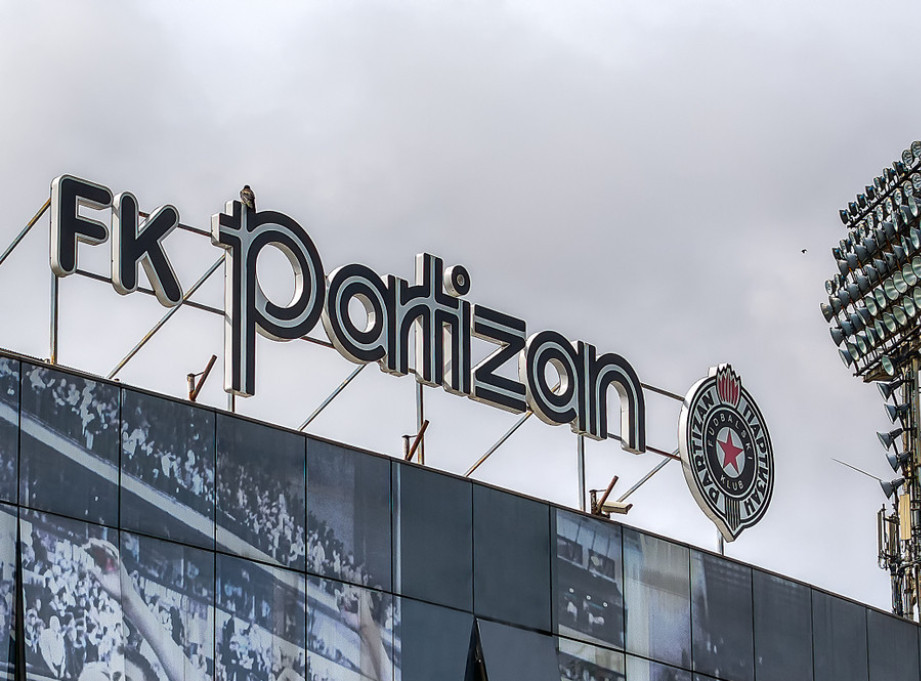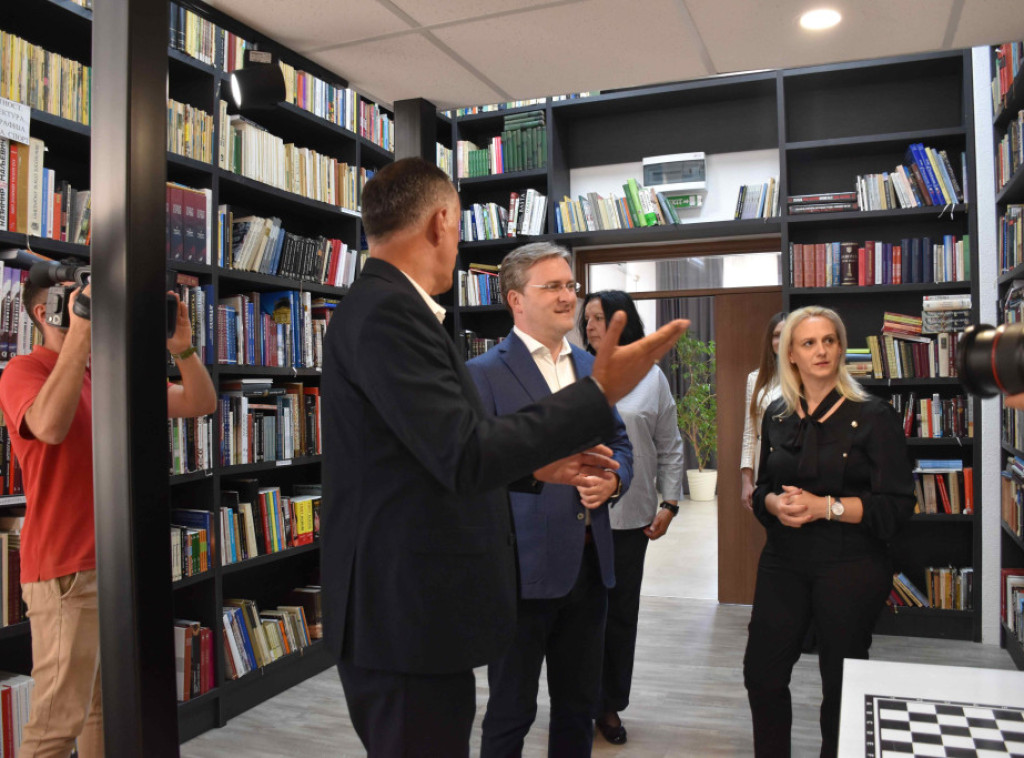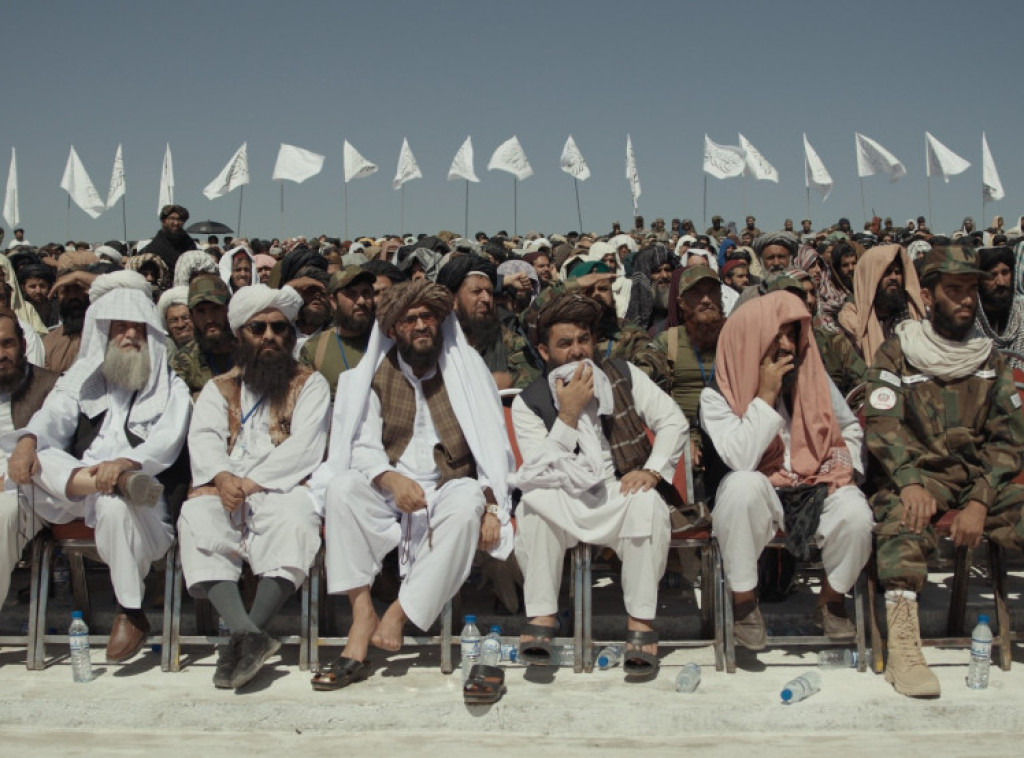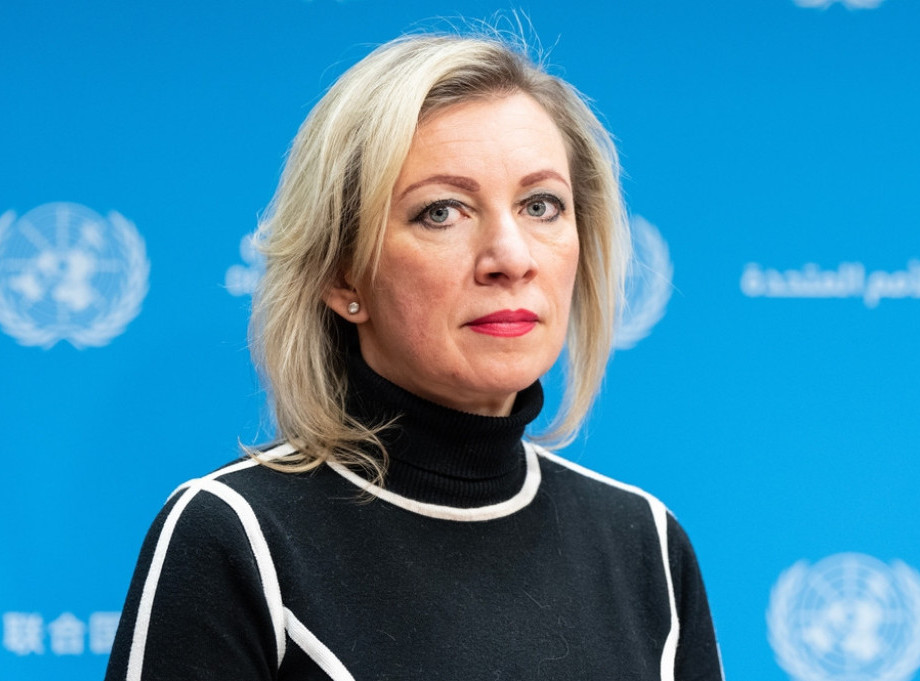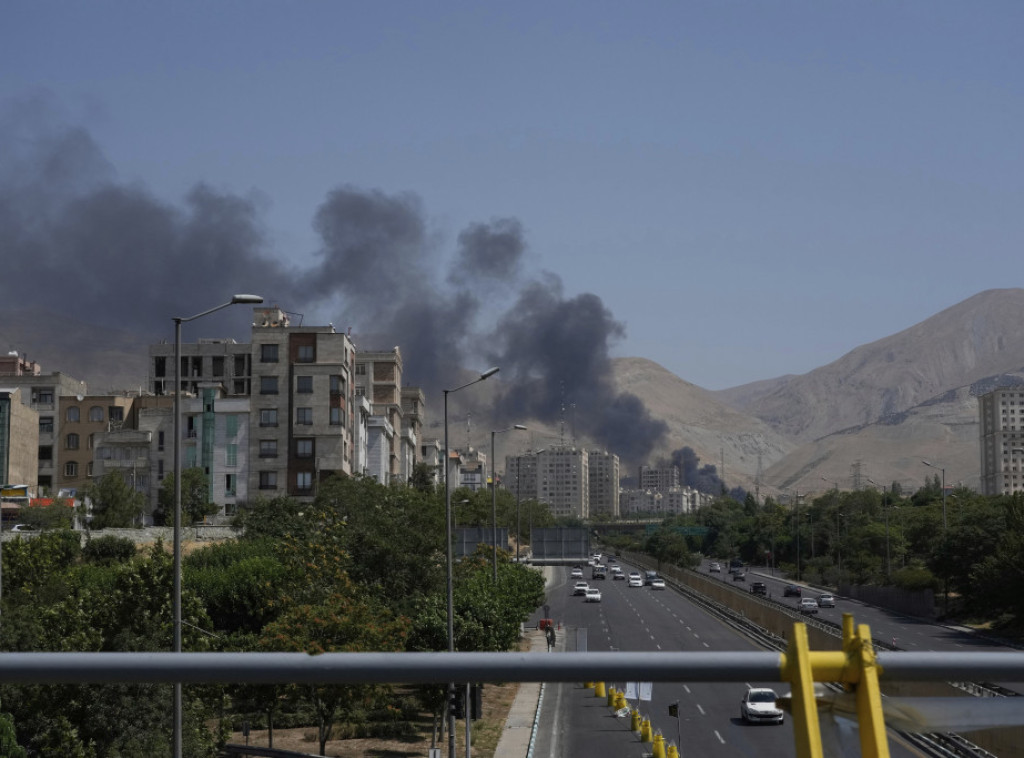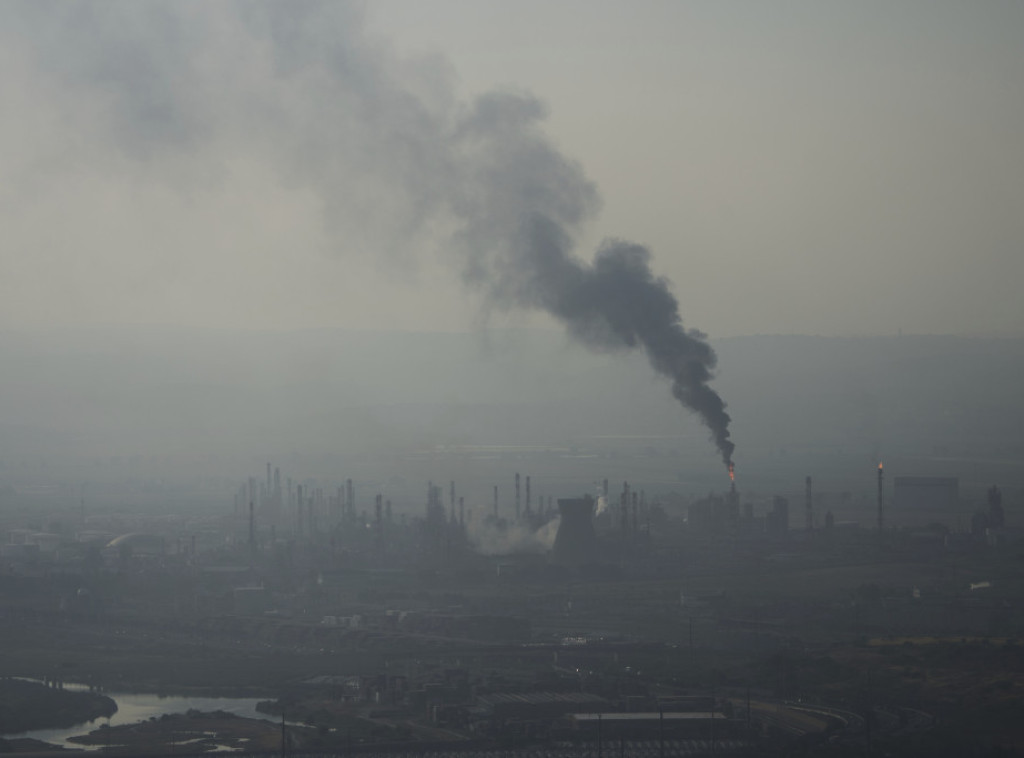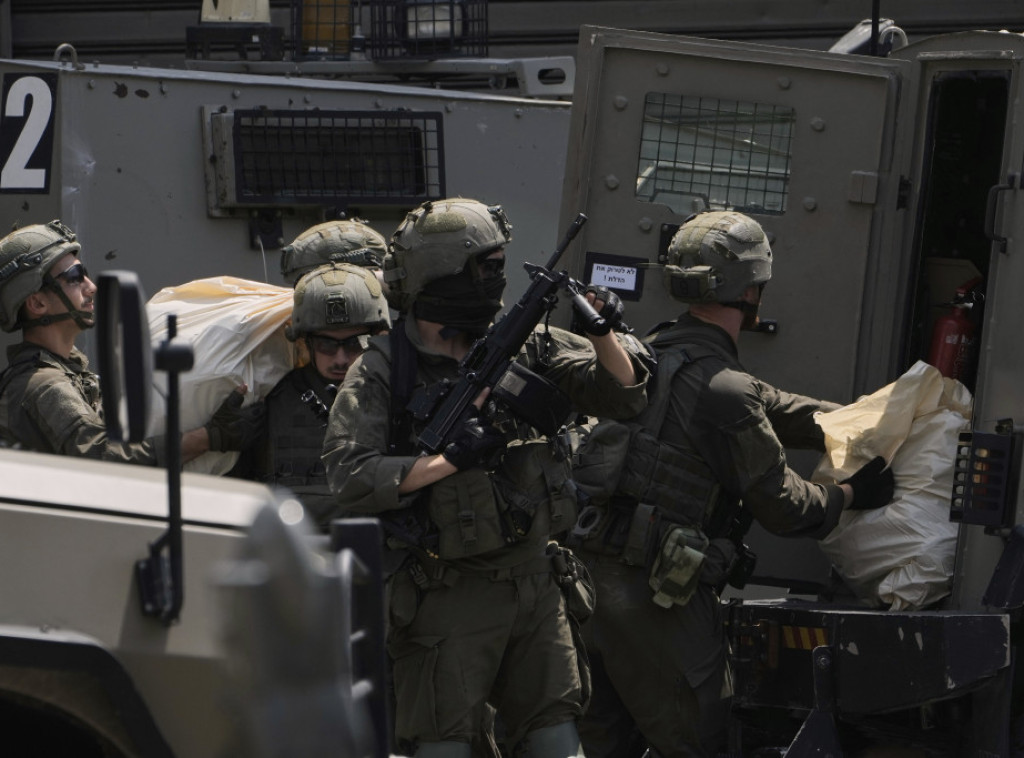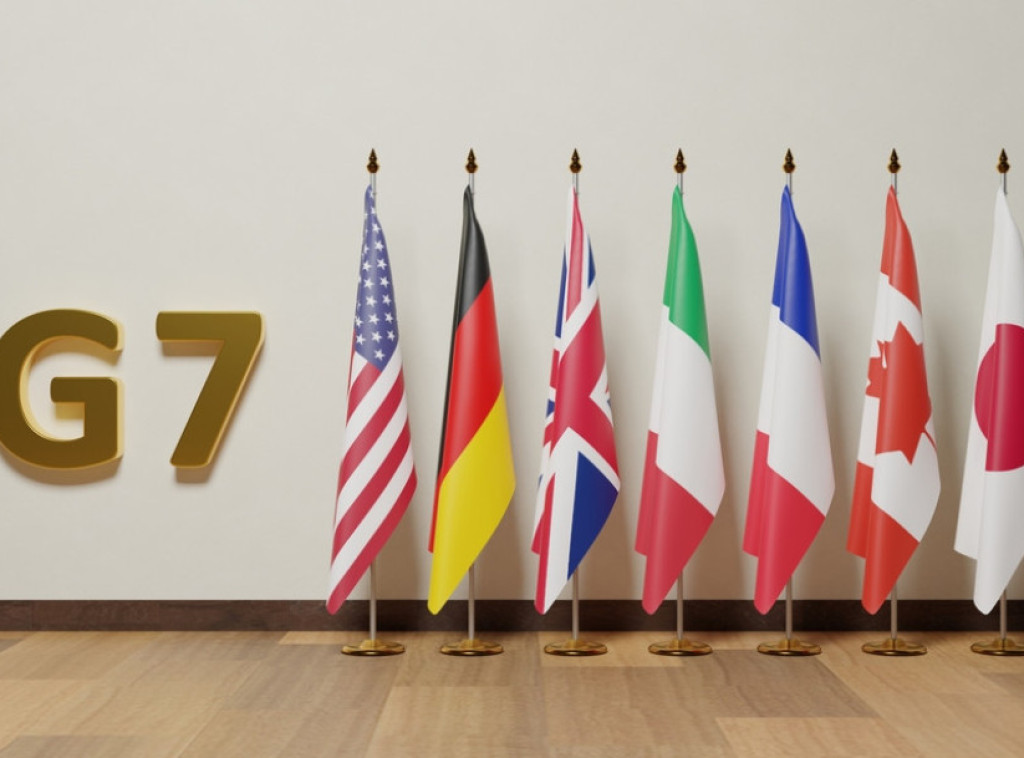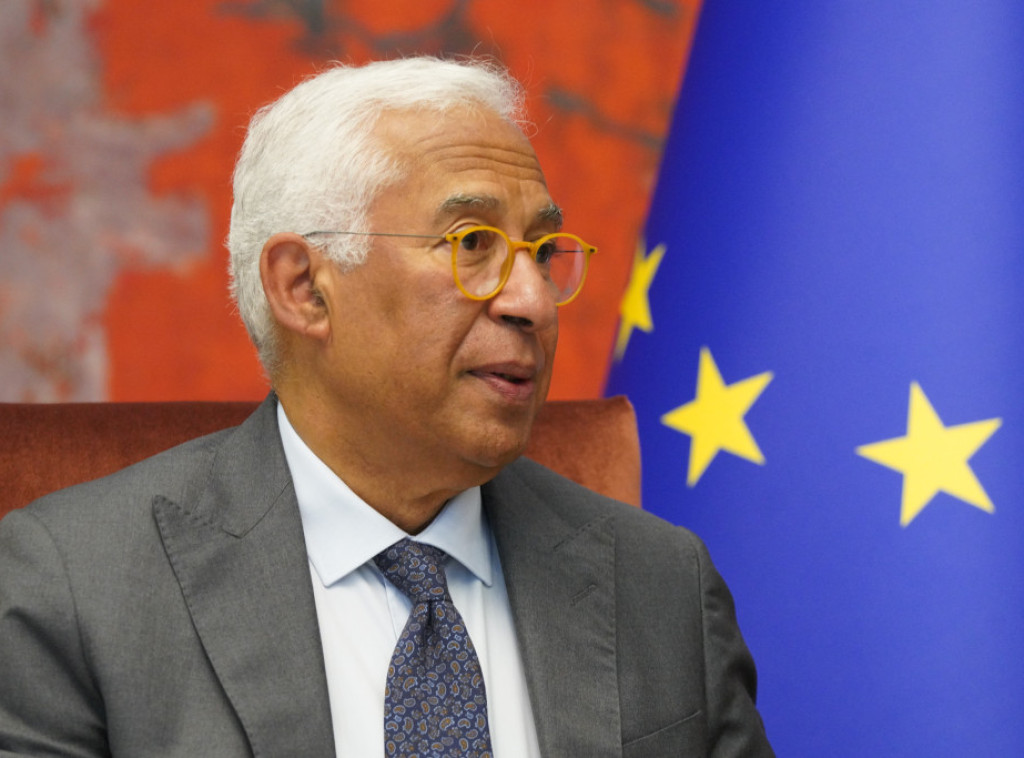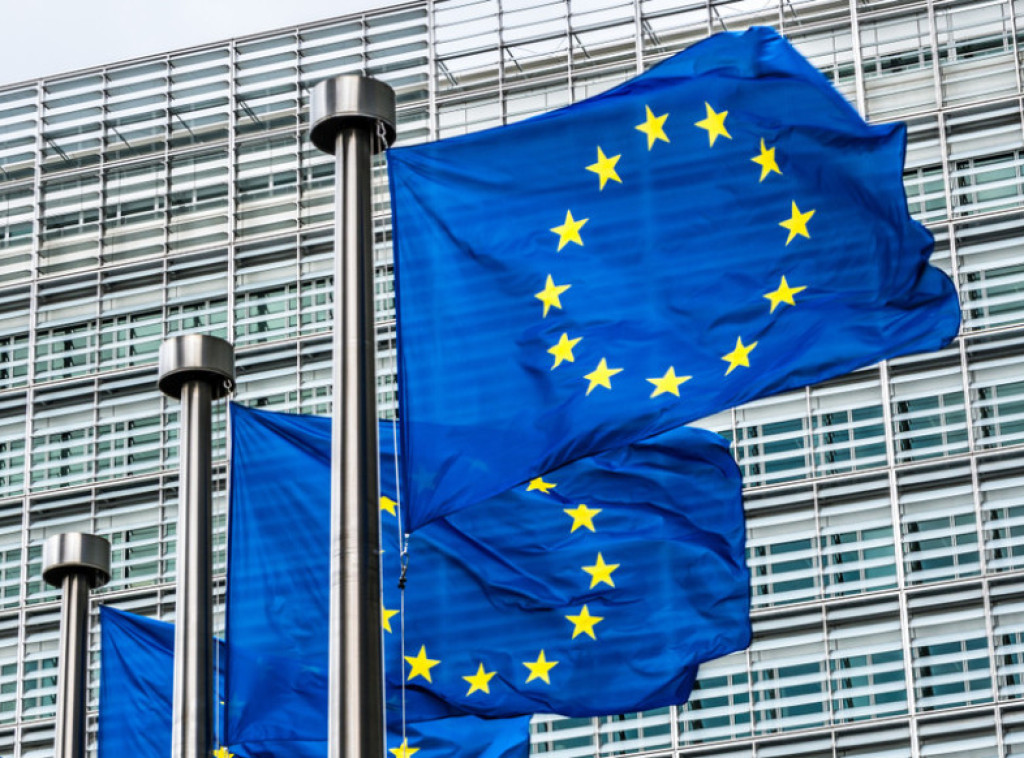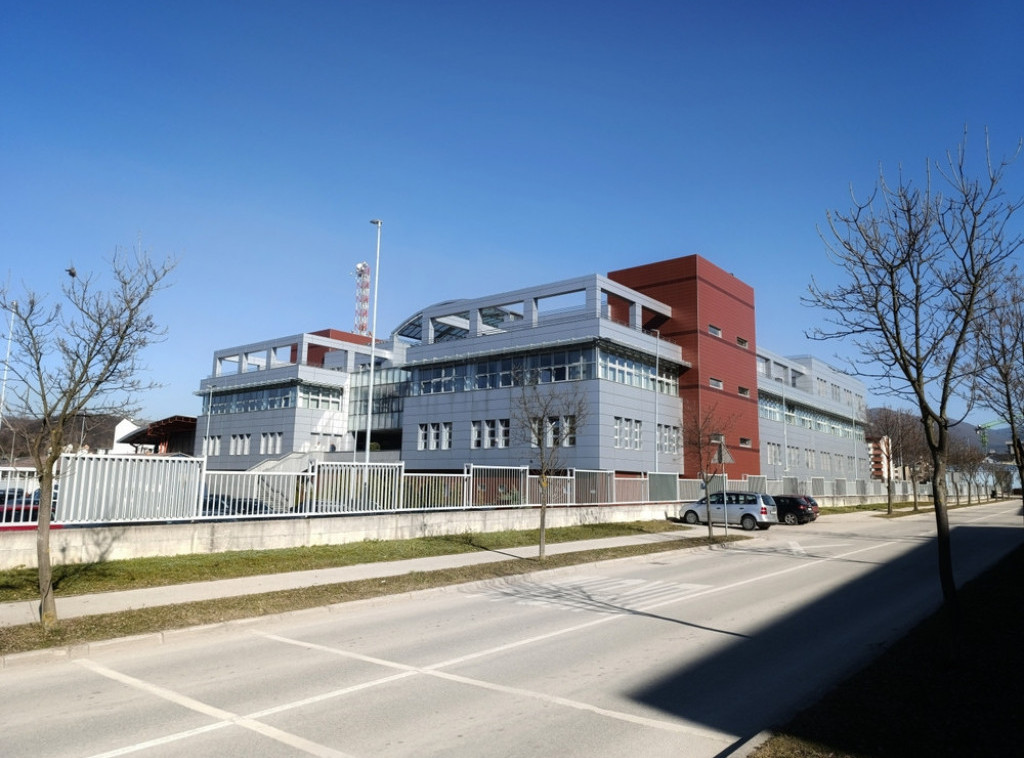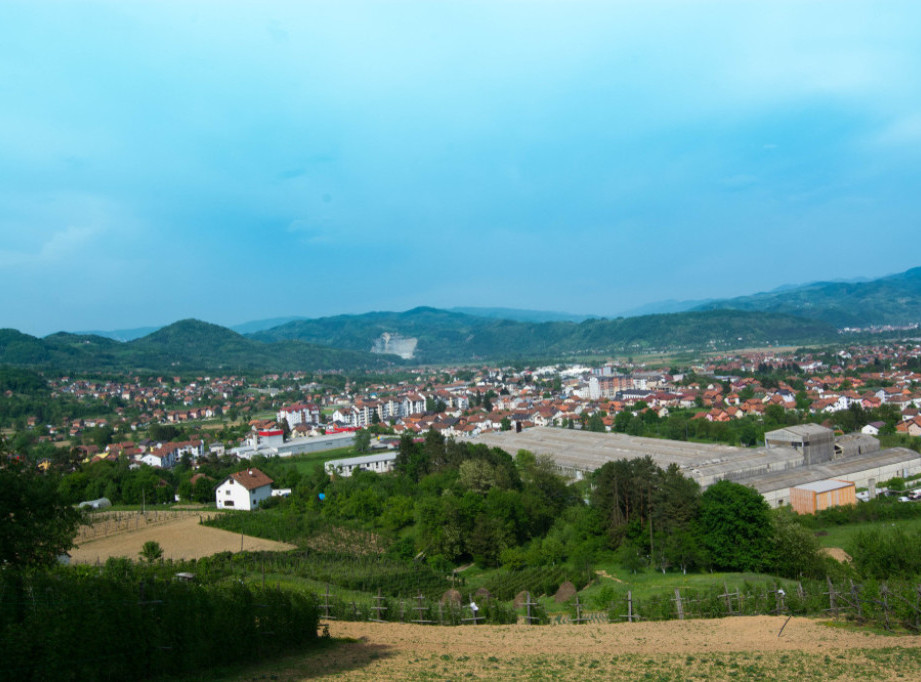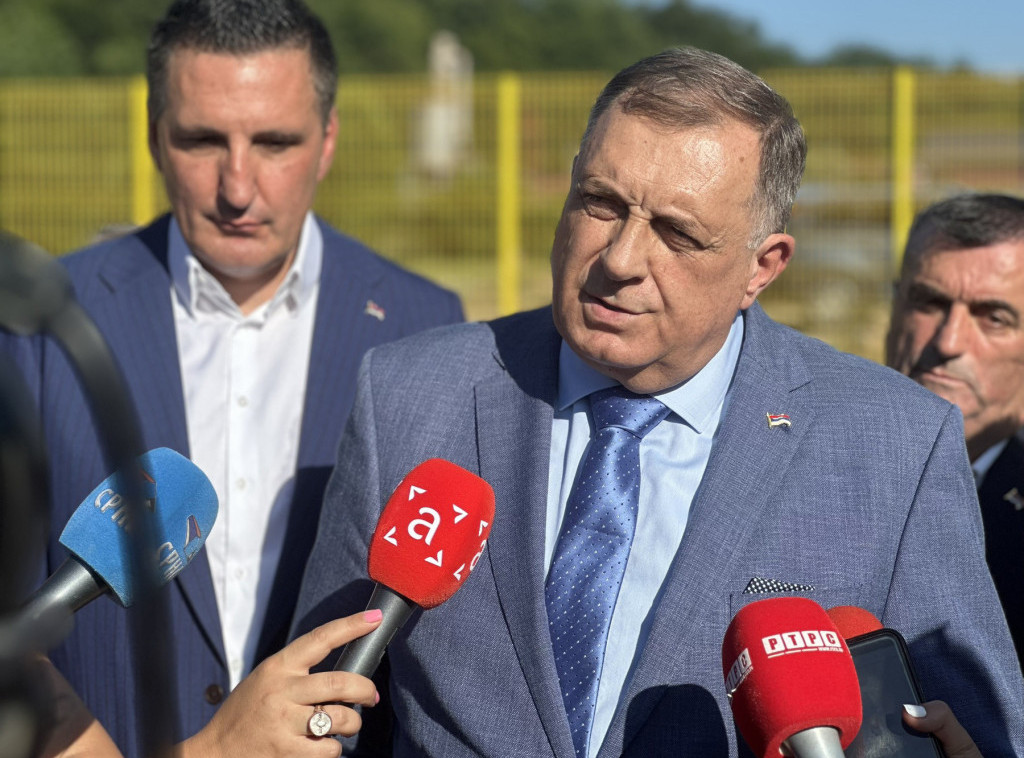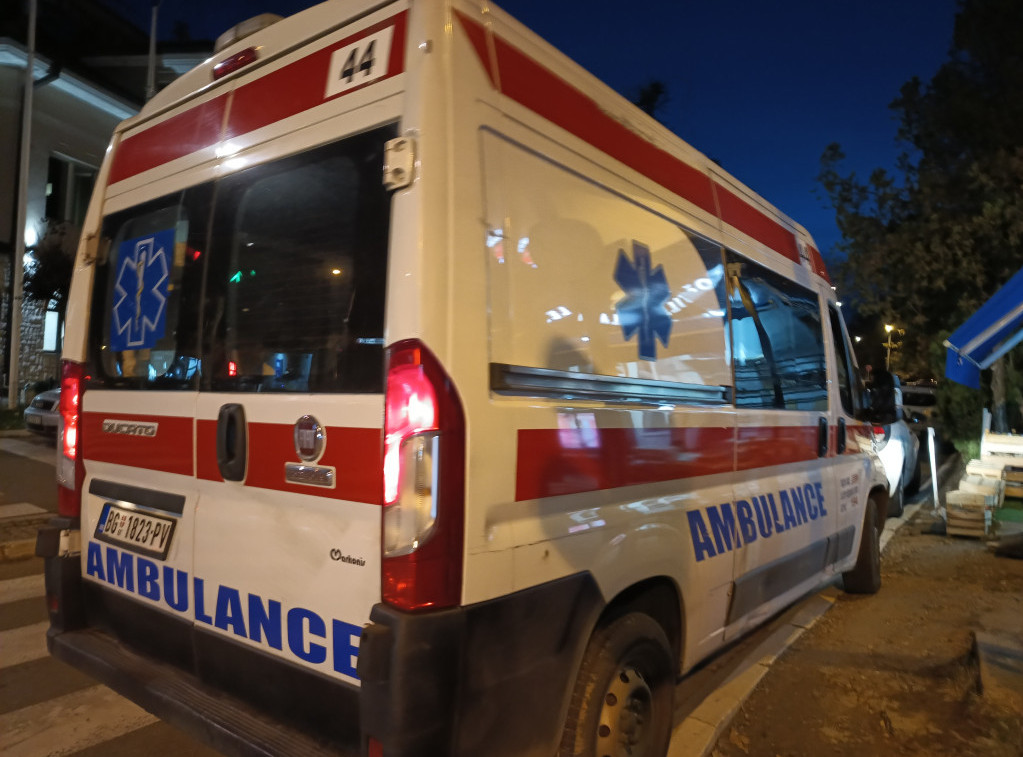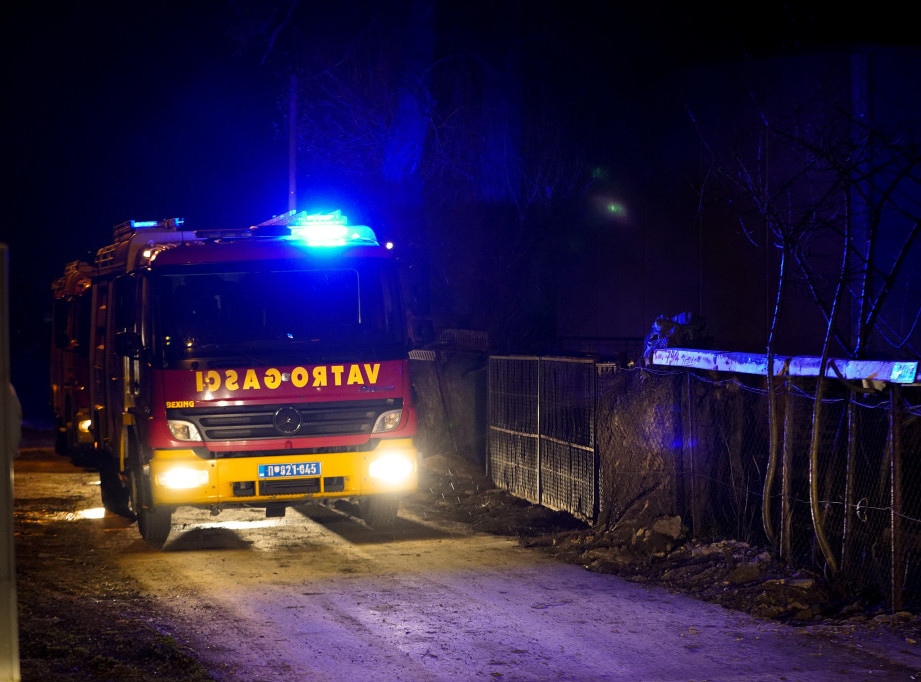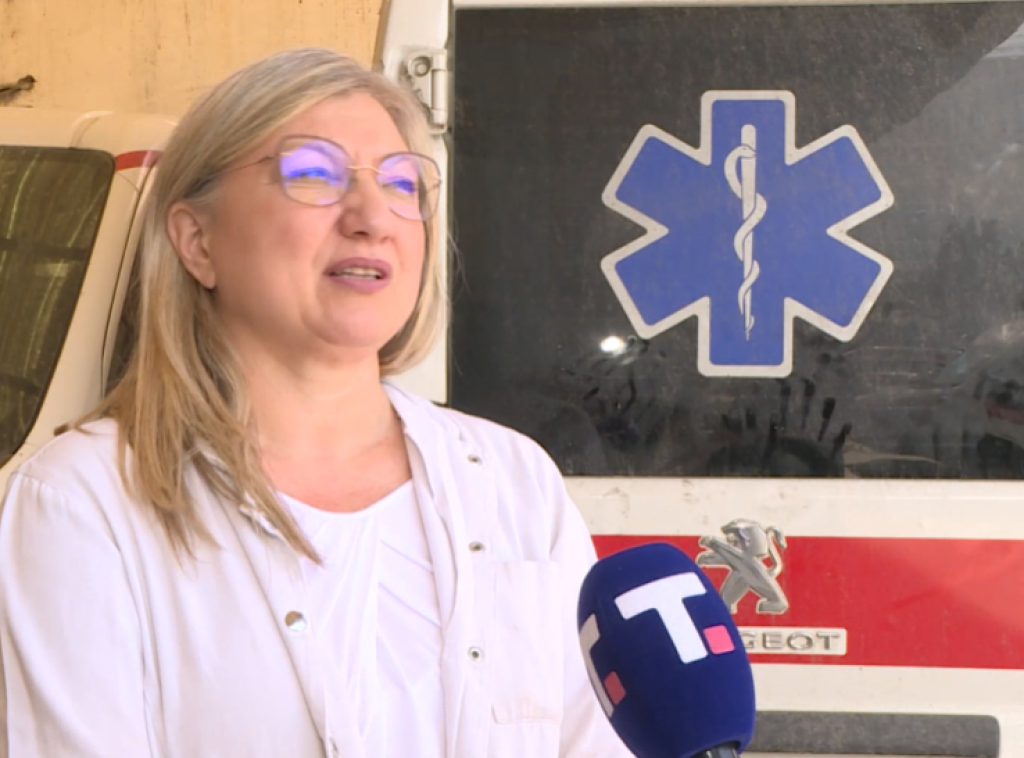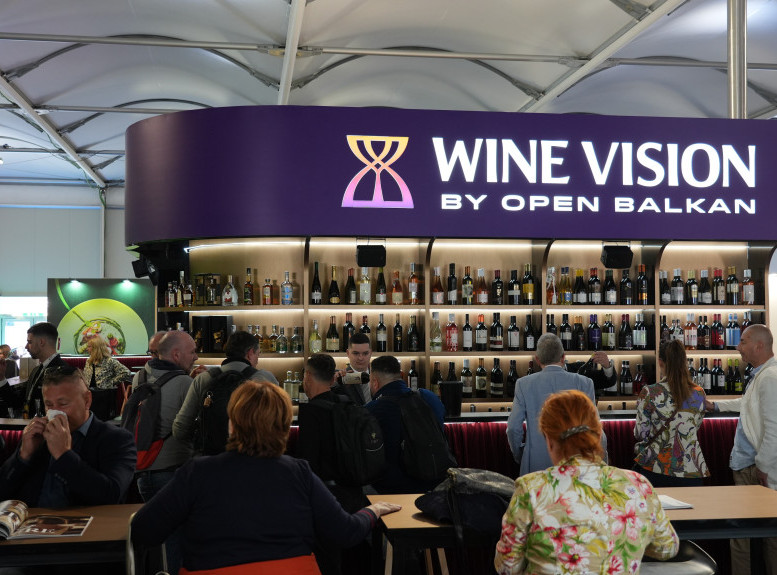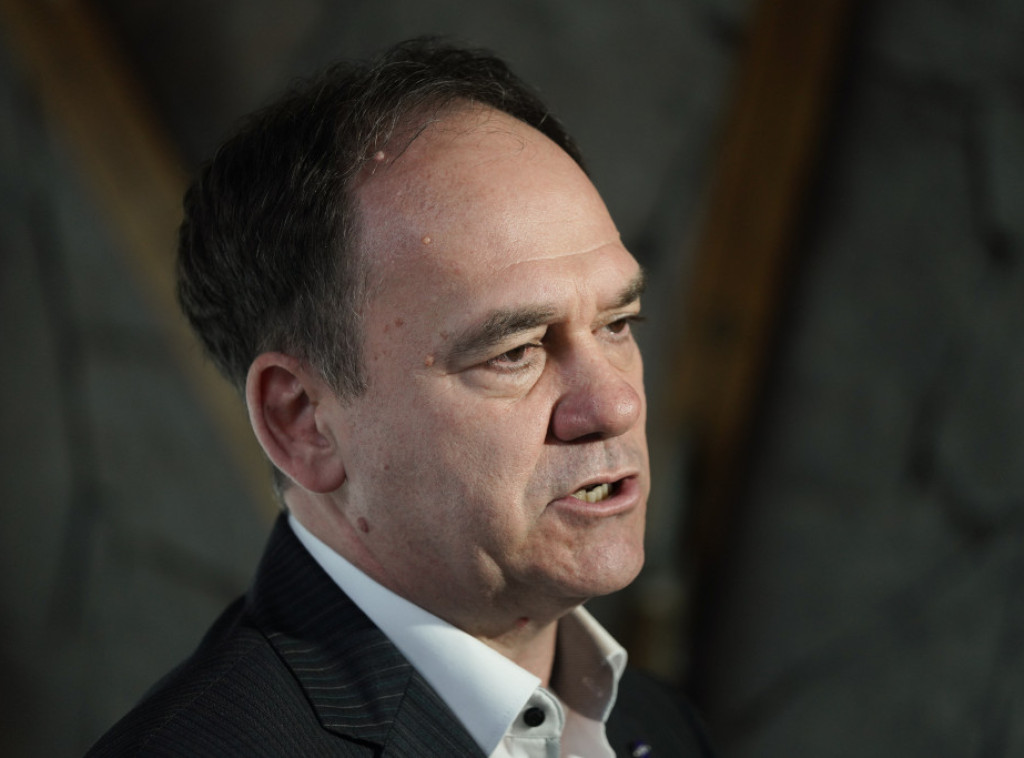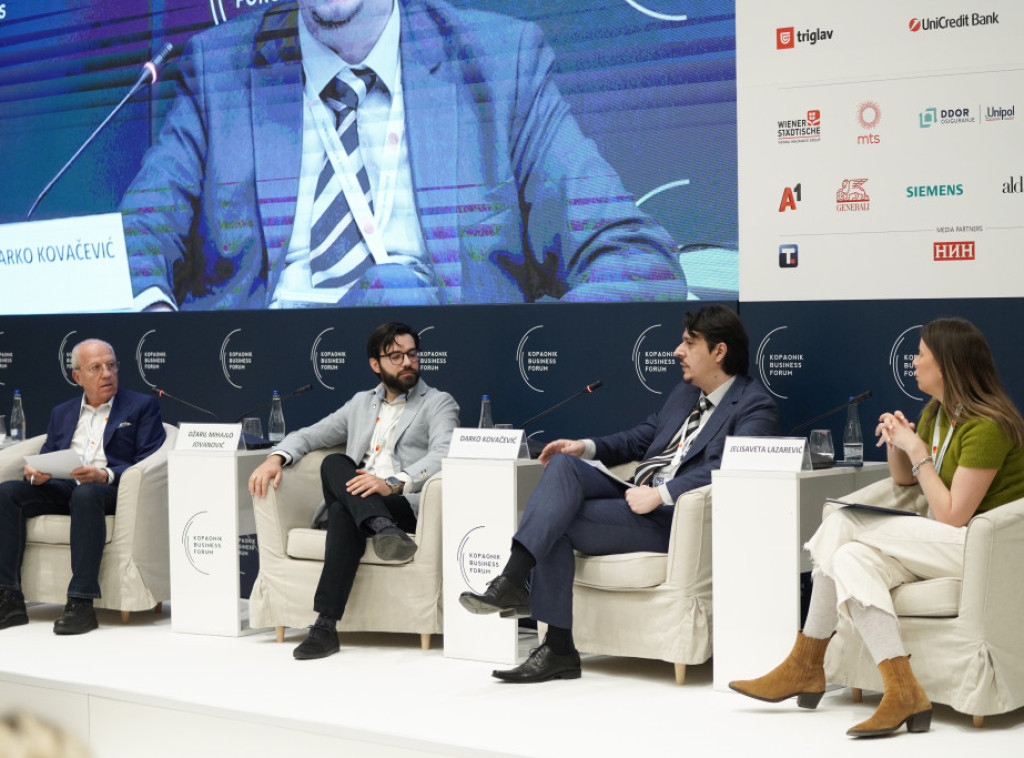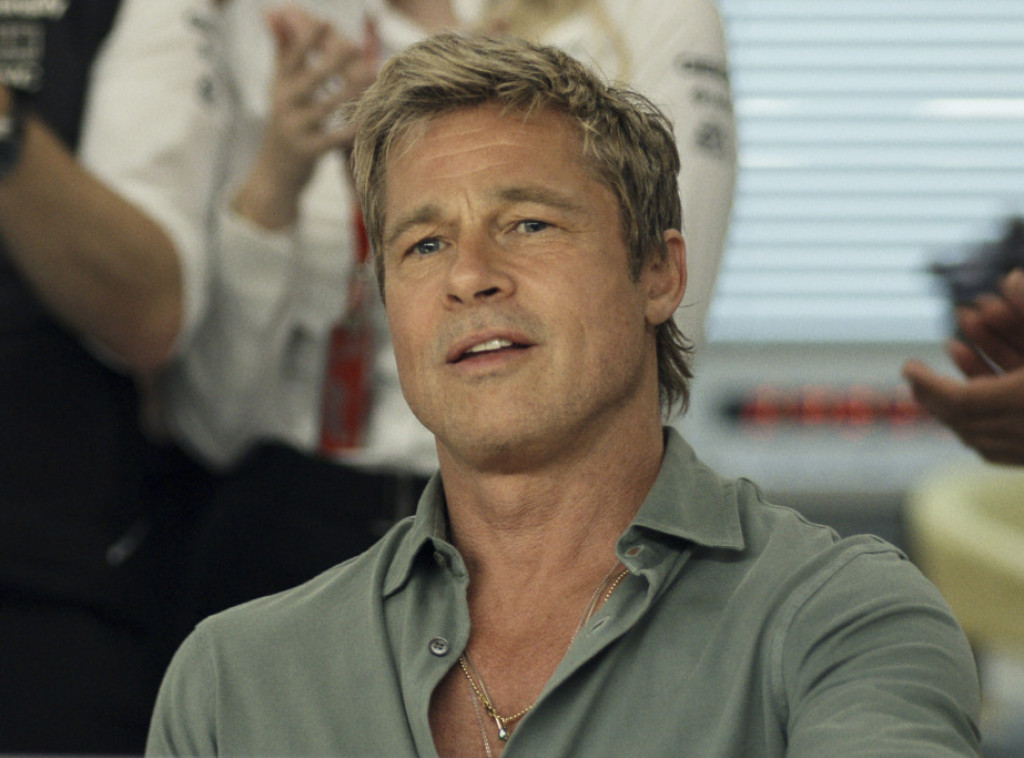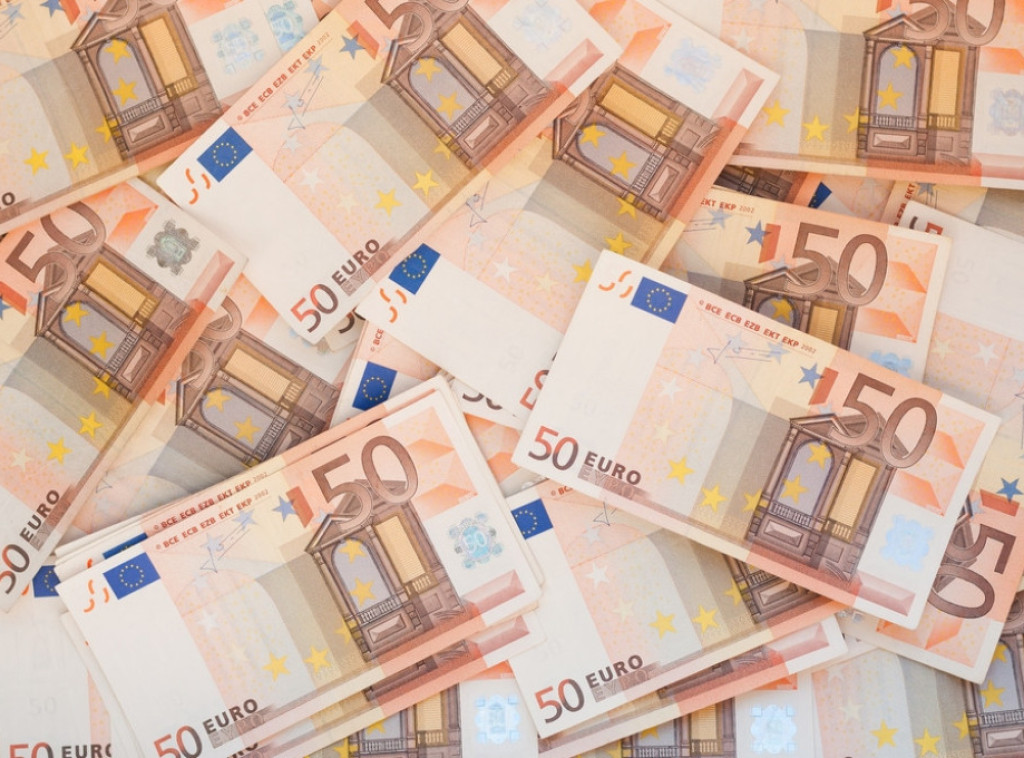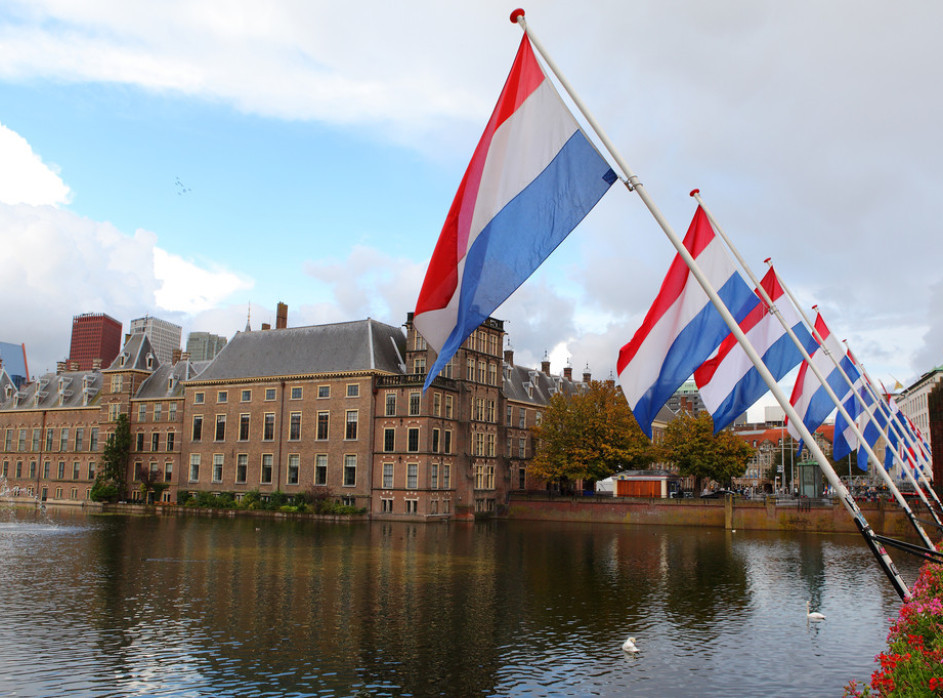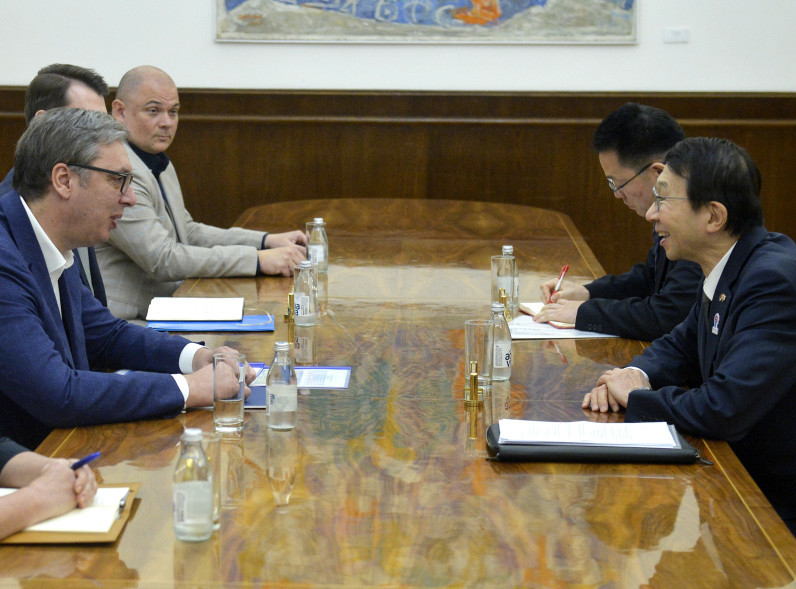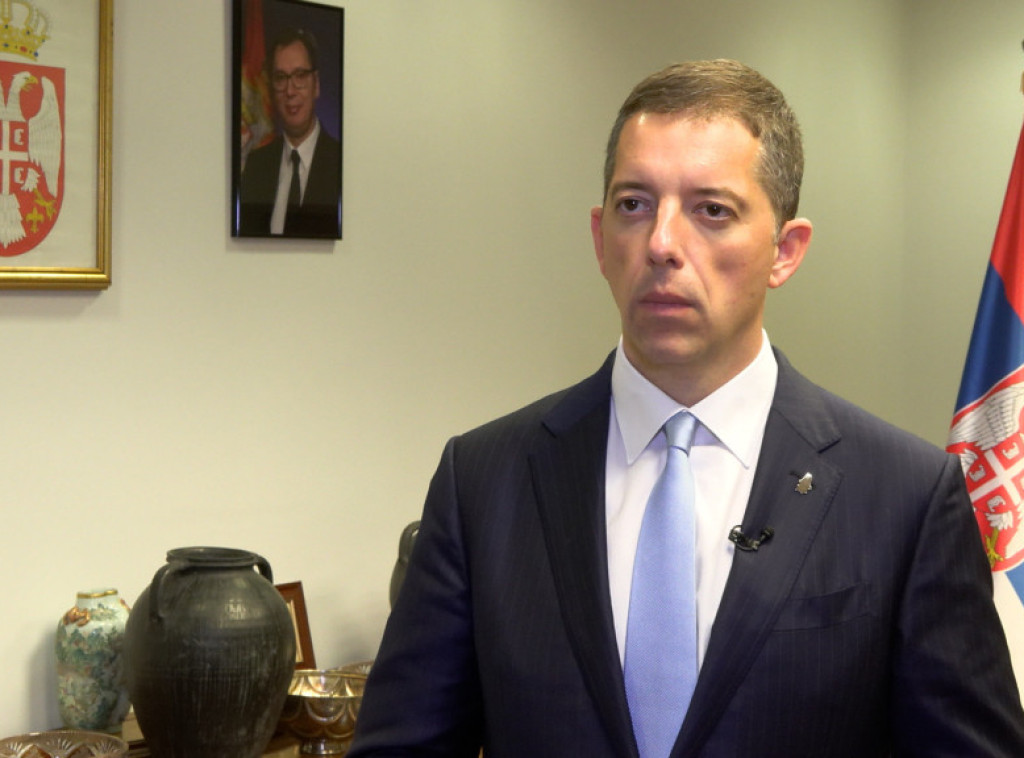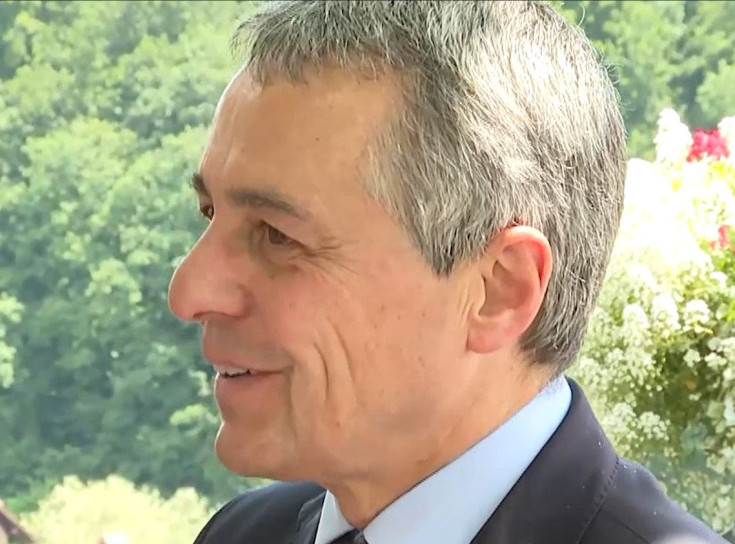Darko Glišić, president of the SNS Executive Board, condemned the most brutal incident of blockaders in Serbia, when shots were fired at SNS premises in Vrnjačka Banja. He described it as an expression of the blockaders’ desperation and stated that the colored revolution will not succeed as citizens see through it. The police quickly intervened and tried to detain the attacker. Glišić also emphasized the importance of investing in education and the reconstruction of schools across Serbia. Other reports about blockades in Novi Sad indicate ongoing protests by citizens demanding elections for local community councils, despite opposition from authorities. This event has sparked various reactions in the public and political circles.
Political Perspectives:
Left: Left-leaning outlets tend to emphasize the political motivations behind the blockades, framing the incident as a symptom of deeper social and political unrest. They may criticize the government’s response as heavy-handed and highlight the protesters’ demands for more democratic processes, such as local elections. The narrative often focuses on the need for dialogue and addressing citizens’ grievances.
Center: Center-leaning sources report the facts of the incident with a balanced tone, acknowledging the violence of the attack on SNS premises while also noting the protesters’ demands and the government’s efforts to maintain order. They highlight the quick police response and the statements from political figures like Darko Glišić, presenting multiple viewpoints without strong bias.
Right: Right-leaning media emphasize the brutality and illegitimacy of the blockaders, portraying them as desperate and disruptive elements attempting a ‘colored revolution’ that will fail. They support the government’s stance and police actions, framing the incident as a defense of state order and stability. The narrative often includes praise for government investments in education and infrastructure as positive governance.








